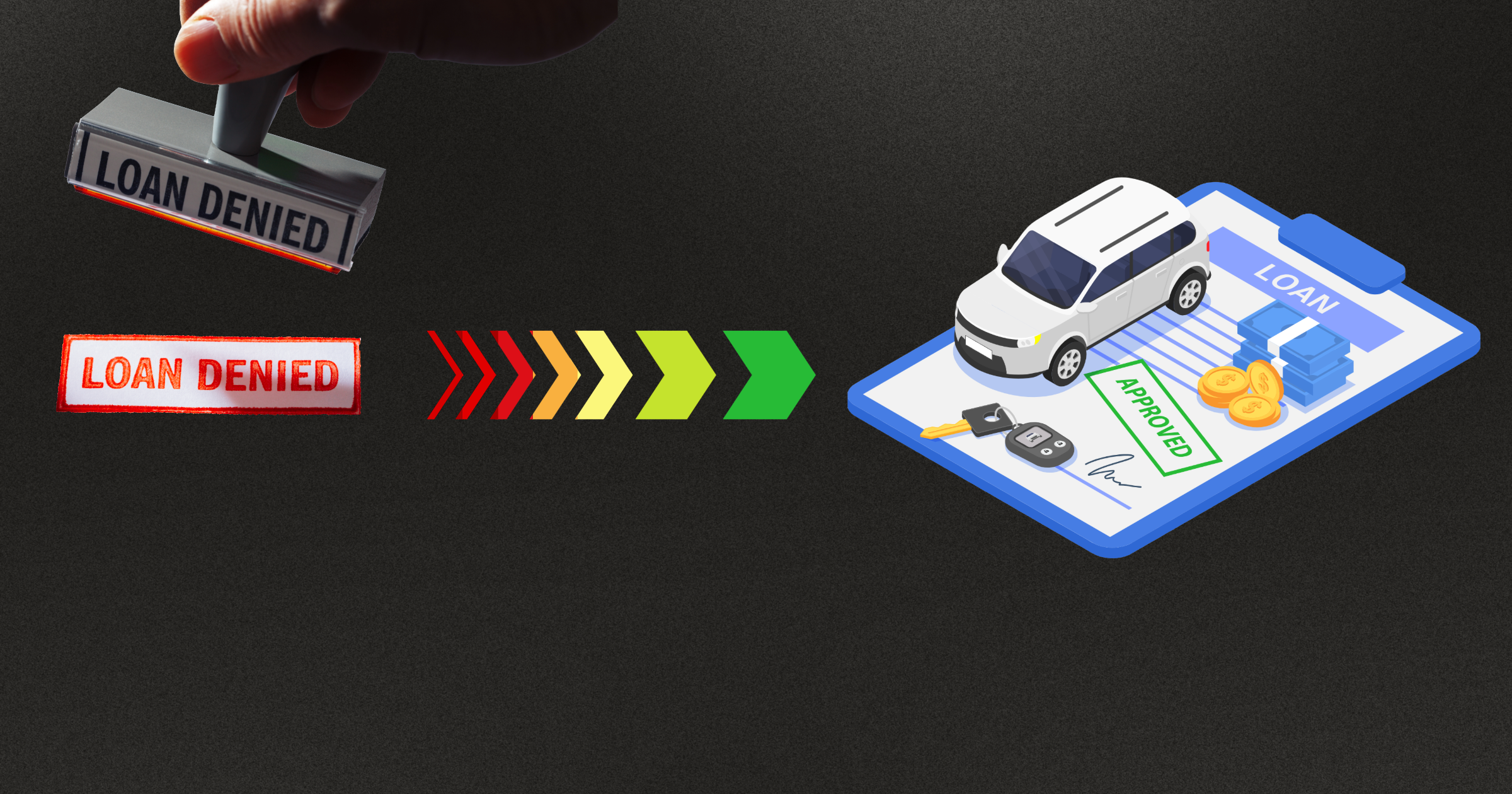Debt recovery is not just about collecting balances. It is about understanding people.
Behind every delinquent account is a story, not just about money but about mindset. Why someone does not pay tells you more about how to collect than any dollar amount ever could.
At Optio Solutions, we have seen three dominant behavioral patterns emerge across industries and debt types. Understanding them is the key to resolving accounts faster, protecting client relationships, and maintaining compliance in an era where consumer expectations are higher than ever.
The Avoider Empty heading
Behavior: Hides from debt because it feels overwhelming or shameful.
The Avoider does not answer unknown calls, respond to letters, or even open billing emails. It is not defiance. It is anxiety. The Avoider knows the balance exists but feels powerless to handle it, so they ignore it instead.
How to reach them: Create safety, not pressure.
Digital outreach and self-service tools work best. Text reminders, email links, and online payment portals give them control and privacy. Micro-payments and clear progress updates help turn hesitation into small, repeatable action.
Industry examples:
- Higher education: Students ignoring tuition holds until graduation deadlines force action.
- Financial services: Borrowers avoiding car loan collections until repossession risk feels real.
For Avoiders, empathy is the only doorway to engagement.

The Juggler
Behavior: Intends to pay but cannot prioritize.
The Juggler is responsible but stretched thin. Bills are not ignored, they are competing for attention among childcare, housing, and credit card payments. The Juggler pays what feels most urgent, not necessarily what is most overdue.
How to reach them: Acknowledge the juggle and offer flexibility.
The best strategies involve structured plans that work with the borrower’s reality, not against it. Payment extensions, flexible due dates, or options to split balances help them feel seen rather than judged.
Industry examples:
- Property management: Tenants balancing rent, utilities, and family expenses.
- Lending: Consumers managing multiple debts while trying to avoid delinquency on larger obligations.
Jugglers respond to fairness and understanding. When they sense empathy, they act.

The Protector
Behavior: Takes responsibility seriously and wants reassurance.
The Protector cares deeply about their credit, reputation, and reliability. They are often the first to respond but expect transparency and professionalism at every step. They want to know their payments are secure and that they are working with a legitimate, trustworthy agency.
How to reach them: Lead with clarity, compliance, and respect.
These consumers prefer traditional outreach, clear verification of debt, and written confirmation of payments. They value follow-through and expect ethical handling of their accounts.
Industry examples:
- Financial services: Retired borrowers protecting credit built over decades.
- Education: Parents helping adult children cover tuition or housing costs.
With Protectors, communication and credibility are everything.

The Takeaway
Consumers rarely fit perfectly into one category, but their payment behavior usually reflects one of these patterns.
- Avoiders need safety.
- Jugglers need flexibility.
- Protectors need trust.
When recovery strategies align with human behavior, resolution rates rise and client satisfaction grows.
That is why Optio Solutions designs every outreach approach with behavioral understanding at its core.
We do not just recover debt.
We rebuild connections between people and the businesses they value.
About Optio Solutions
Optio Solutions is a nationally licensed accounts receivable management firm helping organizations in financial services, higher education, healthcare, property management, and other industries recover past-due balances with professionalism and care. Our consumer-first approach increases recovery rates while protecting brand reputation and compliance. We are a nationally licensed debt collection agency.








